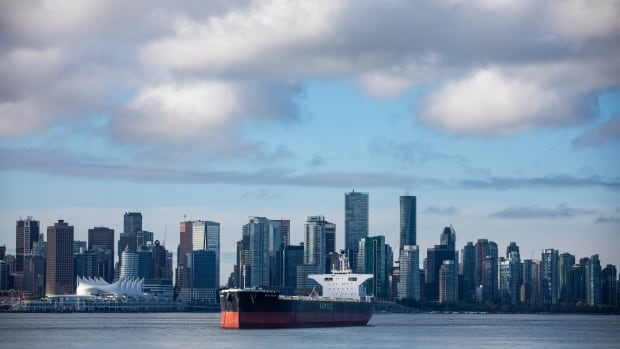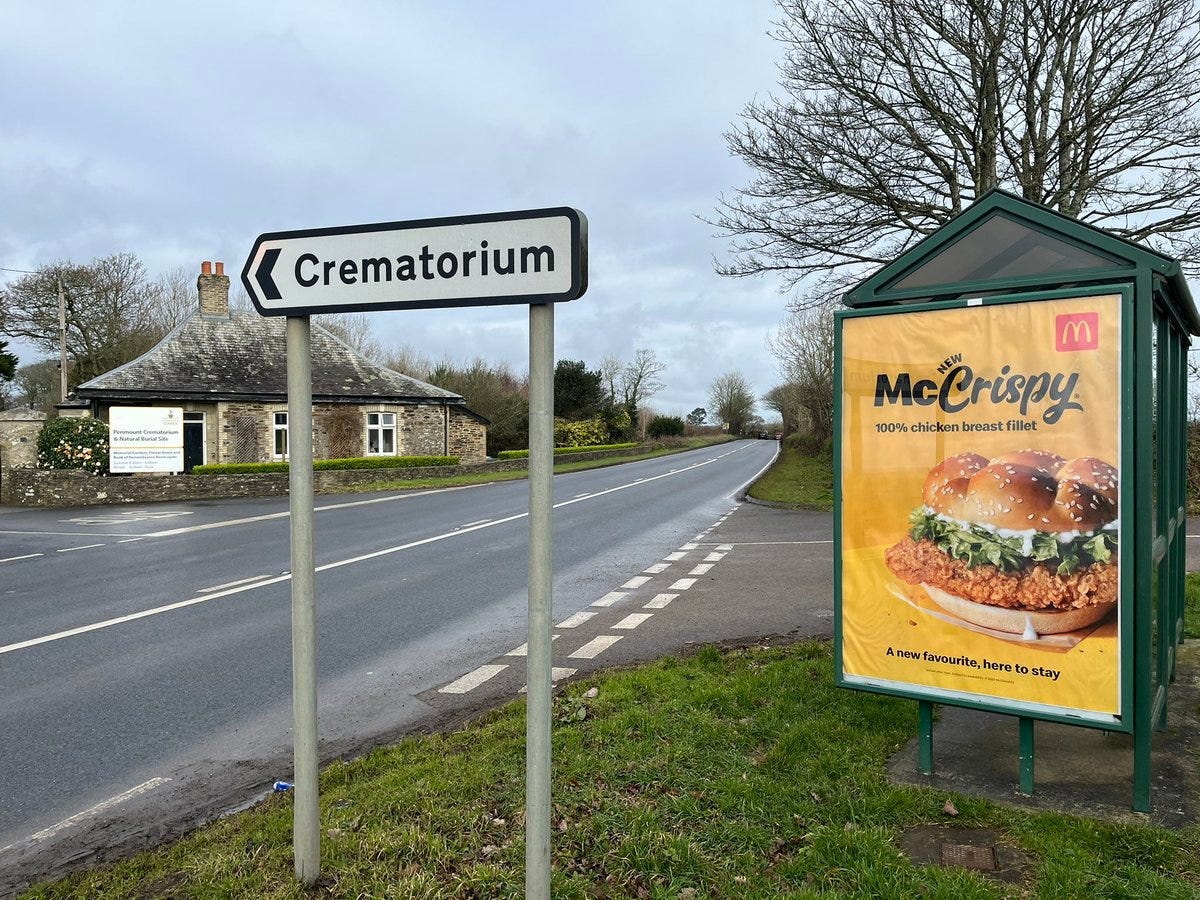Information from Statistics Canada presentations that greater than a 5th of all properties in British Columbia, Untouched Brunswick, Nova Scotia and Ontario have been owned by way of traders as of 2020.
It’s the first generation the Canadian Housing Statistics Program (CHSP) has exempt knowledge on house traders, outlined as house owners who personal no less than one constituent that isn’t their number one place of dwelling.
The knowledge presentations that condos particularly — which form up a majority of newly constructed properties in BC and Ontario — are being held in immense numbers by way of traders. Over a 3rd of all BC condos are owned by way of traders, with Ontario’s determine emerging to 41.2 p.c.
Professionals say the numbers lift questions on who untouched properties are being constructed for and the way capital may just distort a rustic’s housing marketplace within the clutches an inexpensive housing catastrophe.
“What this dataset does is it shows a competition to get it [housing] ladder,” stated Andy Yan, director of the Town Program at Simon Fraser College.
“Who will have to be the priorities for Canadian population coverage on the federal, provincial and native ranges in relation to mountaineering that ladder?
“Someone … a first-time homeowner who is a young or new Canadian, how does he fit in with someone who wanted a home as an investment?”
The just lately exempt knowledge covers the provinces of Untouched Brunswick, British Columbia, Ontario, and Manitoba Nova Scotia. (Maggie MacPherson, Michael Wilson, Trevor Brine, Steve Lawrence, Trevor Lyons/CBC)
Yan says the information, accumulated on the finish of a decade of considerably low rates of interest, supplies an invaluable snapshot of the housing marketplace sooner than that the pandemic and next charge hikes started to say itself.
The knowledge display regional variations
Information exempt by way of the CHSP finds quite a lot of regional variations, which Yan describes as a “profound challenge” in shaping nationwide housing insurance policies.
Week Nova Scotia and Untouched Brunswick had relatively many homes owned by way of traders, Statistics Canada says that is most probably because of the immense quantity of undeveloped land within the Maritimes that house owners “often” personal along with their number one place of dwelling.
“If we take out this type of investor, the investor ratio drops to 24.8 percent Nova Scotia and 21.3 percent in New Brunswick,” the company stated.
“The investor shares are then more comparable to those of the other federal states.”
BC has the easiest charge of “investor occupants,” which refers to any person dwelling in one multi-unit constituent — reminiscent of an condo development “mortgage helper” or Vancouver specialties.
“In this case, it has provided a relatively good-sized stock of affordable family rentals that the market rental system is not necessarily ready for,” Yan stated.
Trade owned condominiums
Marc Lee, senior economist on the Canadian Heart for Coverage Choices, says adjustments in tax regulations within the overdue Nineteen Eighties and early ’90s precipitated builders to create condos over single-family properties.
Statistics Canada discovered that between 2019 and 2020, 54.4 p.c of all untouched properties in BC have been condominiums. In Toronto lonely it’s 59 p.c.
“In Ontario, corporations owned 74,485 investment condominiums,” Statistics Canada stated in its press loose. “Most of the investment condos in both Ontario and Manitoba were owned by provincial investors.”
Lee says the information raises an “overarching question” about whether or not housing is increasingly more turning into an funding software instead than a human proper.
“A lot of the wealth ladder in Canada is based on real estate,” he stated. “I think it comes at the expense of quality, affordable housing for the majority of renters.”
What’s the impact on family?
Consistent with Yan, his analysis has discovered that the median dimension of a constituent owned by way of traders is set 1 / 4 smaller than that owned by way of homeowners.
He’s additionally famous {that a} 3rd of all untouched constituent inbuilt Metro Vancouver because the 2000s has been particularly for funding — a pattern he’s additionally noting within the better Toronto department, which traditionally has had a top rental folk.
“[In] In the last 10 years, you really started to see the Vancouverization of Toronto,” the tutor stated. “What does this really mean for Canada’s central city?”
Yan says if policymakers have to simply accept the truth that investments pressure housing availability, they will have to believe a distinct, aspiring tax regime for the ones traders.
Lee says any population housing techniquesthat he desires to look extra of can also be funded via levers reminiscent of upper constituent switch taxes for the ones purchasing a couple of homes, in particular home traders.
“To ensure affordability over the long term, you have to think outside the box,” he stated. “We should rather impose speed bumps on this type of investor behavior.”
Don’t miss interesting posts on Famousbio










